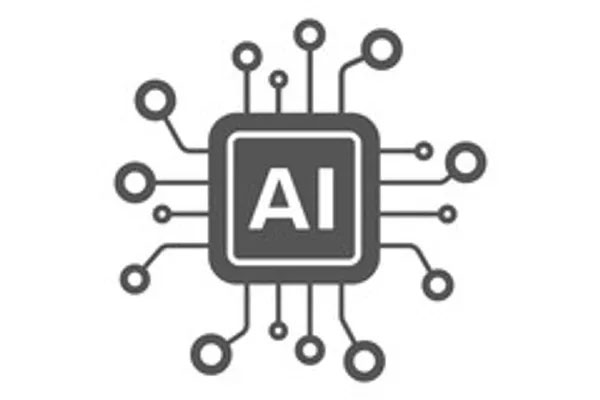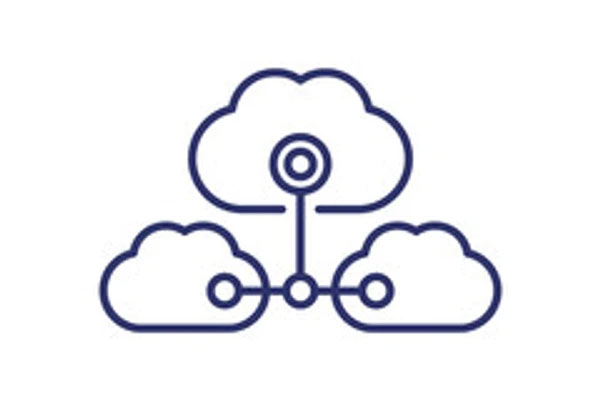To be a truly data-driven organization, decision-makers should be able to make business decisions based on high-quality and holistic data consistently.
Gartner’s 2022 Survey of CIOs states, “Leaders who share organization’s data generate three times more measurable economic benefits than those who do not.” The survey further reveals that “Data sharing is the way to optimize higher-relevant data, generating more robust data and analytics to solve business challenges and meet enterprise goals.”
The overarching question for most business leaders in small and midsize organizations is, “How do you store large amounts of data that can be accessed and shared quickly across the organization in a cost-effective way.” Advancements and improvements in data management tools and processes have made it possible to make data available to the entire organization using a centralized data lake.
So, what is a data lake? A data lake is an architectural approach that can centralize data over distributed storage, providing a scalable, fast, secure, and economical solution coupled with robust data governance that can eventually resolve issues with data silos and democratize data within an organization. These solutions can be deployed on-premises, in the cloud, and in hybrid infrastructures. A data lake can rapidly ingest substantial amounts of raw data in its native format, ideal for storing big unstructured data of any source, size, speed, or structure, e.g., tweets, images, voice, streaming data, etc. Business users can quickly access it whenever needed, and data scientists can apply analytics to get insights. A data lake differs from traditional schema-based data warehouse products; data warehouse products are essential and have a specific purpose in organizations. In short, a data lake enables decoupling schema from data, which is excellent for advanced analytics and ML/AI (Machine Learning and Artificial Intelligence) applications.

Key benefits of a Data Lake
- Democratize Data – Data Lake can make data available to the entire organization for better and quicker decisions.
- Lower Cost – Any data can be stored in one place, incurring a lower cost.
- Quality Data – Higher data quality can be maintained with robust data governance procedures and available data tools.
- Data Consumption – A data lake eliminates the need for data modeling during ingestion. That is a massive advantage because it saves time, resources, and money.
- Scalability – It is inexpensive to scale compared to a traditional data warehouse.
- Versatility – A data lake can store multi-structured data from diverse sources. In simple words, a data lake can keep logs, XML, multimedia, sensor data, binary, social data, chat, and people data.
- Supports SQL and NoSQL languages – Traditional data warehouse technology supports SQL, which is suitable for simple analytics. However, today’s data-driven economy needs more data analysis methods for advanced use cases. A data lake provides diverse options and language support for advanced analytics and ML/AI applications.
- Advanced Analytics – Unlike a data warehouse, a data lake excels at utilizing the availability of massive quantities of coherent data along with deep learning algorithms. It helps in real-time decision analytics.
Many small and midsize businesses have long wished for the ability to perform discovery-oriented exploration, advanced analytics, and reporting. A data lake quickly provides the necessary scale and diversity of data. It can also be a consolidation point for both big and traditional data, enabling analytical correlations across all data. With the advancement in cloud technologies and tools, any small and midsize organization can set up a data lake with proper planning and governance structure. Hence, they can be successful using current and future data formats.





